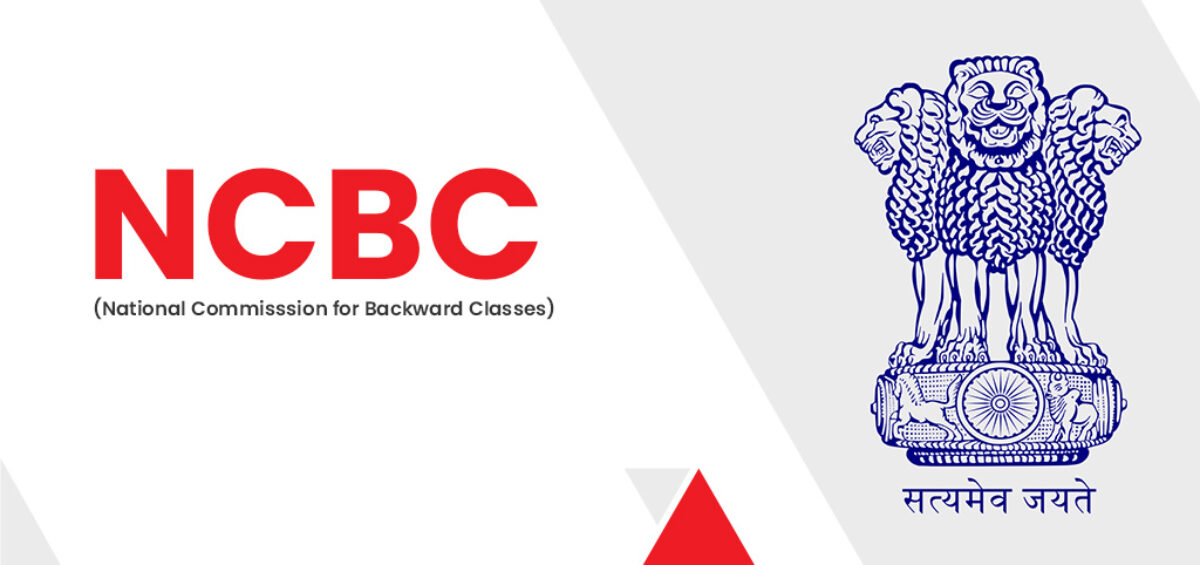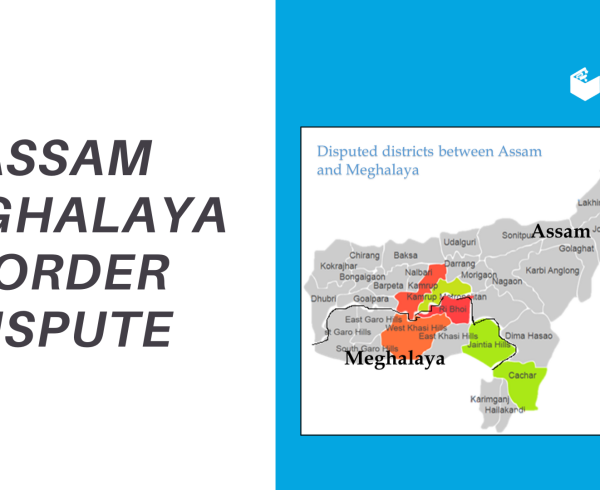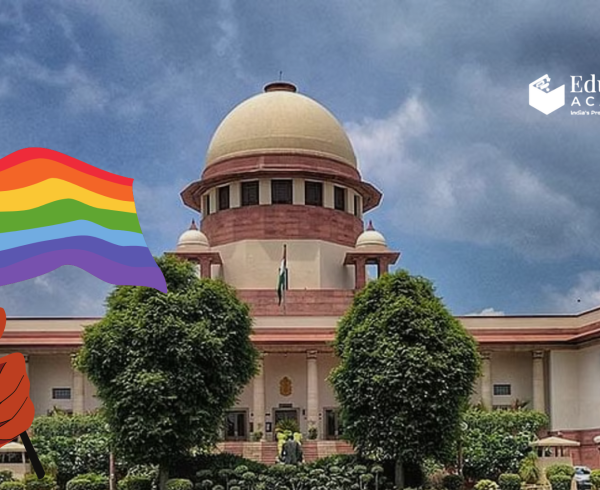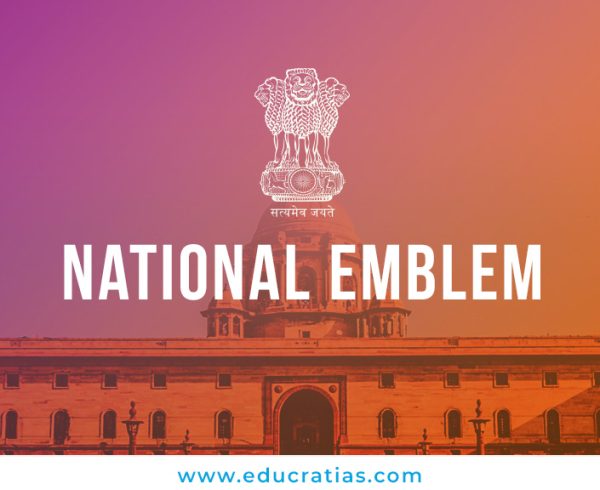What is NCBC?
- On August 14, 1993, the National Commission for Backward Classes of India was constituted as a constitutional authority under the Ministry of Social Justice and Empowerment.
- NCBC was previously a statutory organization under the Ministry of Social Justice and Empowerment.
- The creation of NCBC as a statutory body was addressed by the Supreme Court of India in the Mandal Commission‘s final decision.
- The National Commission for Backward Classes has constitutional standing thanks to the 102nd Constitution Amendment Act of 2018. (NCBC).
- It has the power to look into welfare claims and programmes for socially and academically disadvantaged groups.
Background of the NCBC
Under Kaka Kalelkar and B.P. Mandal, two Backward Class Commissions were appointed in the 1950s and the 1970s, respectively.
The government was ordered to establish a permanent committee to consider, analyze, and suggest the inclusion and exclusion of various Backward Classes for the purpose of benefits and protection by the Supreme Court in the Indra Sawhney case of 1992.
The National Commission for Backward Classes Act, passed by parliament in 1993 in accordance with these directives, established the NCBC.
To better protect the interests of underprivileged groups, the 123rd Constitution Amendment bill of 2017 was proposed in Parliament.
The National Commission for Backward Classes Act, 1993, was repealed by a different law that was approved by Parliament, making the 1993 Act obsolete.
The bill got the President assent in August 2018 and provided the constitutional status to NCBC.
Structure of NCBC
The Commission consists of five members including a Chairperson, Vice-Chairperson and three other Members appointed by the President by warrant under his hand and seal for a tenure of three years.
Constitutional provisions :-
- According to Article 340, it is important to recognize those “socially and educationally backward classes,” comprehend the causes of their backwardness, and offer solutions to ease their problems.
- 102nd Constitution Amendment Act inserted new Articles 338 B and 342 A.
- Additionally, the revision modifies Article 366.
- The NCBC is empowered by Article 338B to investigate complaints and welfare programmes involving socially and educationally disadvantaged populations.
- Article 342 A gives the President the authority to name socially and educationally underprivileged groups in different states and union territories. He may do this after speaking with the governor of the relevant State. However, if the list of backward classes is to be changed, a bill passed by Parliament will be necessary.
What is the powers and functions of NCBC
- The commission looks into and keeps track of all issues pertaining to the protections offered to socially and educationally backward classes under the Constitution or under any other law to assess how well they are operating.
- It takes part in, offers advice on, and assesses the socioeconomic advancement of the economically and socially backward classes under the Union and any State.
- It provides the President with reports on the effectiveness of those safeguards once a year and at other times the Commission may deem appropriate. Such reports were presented to each House of Parliament by the President.
- A copy of such a report must be sent to the State Government whenever it or any portion of it relates to a matter that affects that State Government.
- NCBC is required to carry out any additional duties related to the protection, welfare, development, and progress of the economically and socially backward classes that the President may, subject to the terms of any laws passed by Parliament, by regulation, define.
- It has all the powers of a civil court while trying a suit.
Issues with the NCBC
- The recommendation of new NCBC is not binding on the government.
- It is anticipated that the new National Commission for Backward Classes won’t offer social justice systems that are reliable and efficient.
- It cannot handle the current issue of demands from other castes to be listed as OBCs because it has no responsibility to define what is considered to be backward.
- The administration put the entire system of special protections under the Constitution in jeopardy by keeping the old generic designation of NCBC and detaching the body from the soul (Article 340).
- The SC’s requirement to periodically revise the backward class list in collaboration with the NCBC is not addressed in Article 338B(5).
What is the way forward
- For the disadvantaged elements of society to fully integrate into the national mainstream, there must be a proper representation of the backward classes.
- The sub-categorization of OBCs will ensure greater access for OBCs who are less dominant to privileges like reservations in educational institutions and government jobs.
- Vote-bank politics ought to make way for value-based politics so that only legitimately underprivileged groups in society benefit from reservations.
- The government is required to make public the results of the caste census and the commission’s recommendations.









